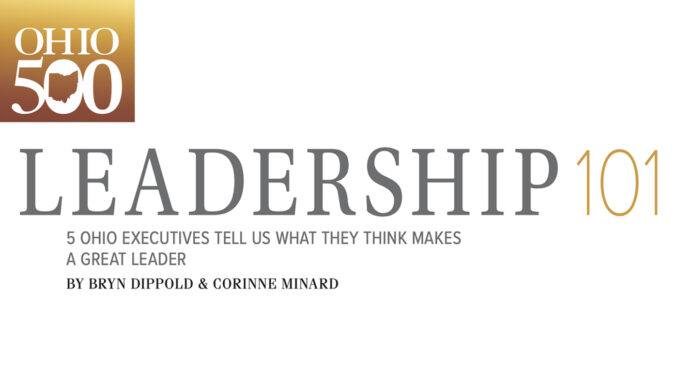
5 Ohio executives tell us what they think makes a great leader
By Bryn Dippold & Corinne Minard
Ohio is home to many exceptional leaders, from government and nonprofit to private and public sectors. The Ohio 500 lists 500 of the best, but what makes these people into great leaders? We asked five executives from across the state to describe their own histories and passions, and to explain what makes a good leader. Read on to learn more.
Marty McDonald
As the president of Fahlgren Mortine, Marty McDonald has a lot on her plate. The communications company with offices in Columbus, Denver, Chicago, New York City and more works closely with clients to tell stories and promote their businesses.
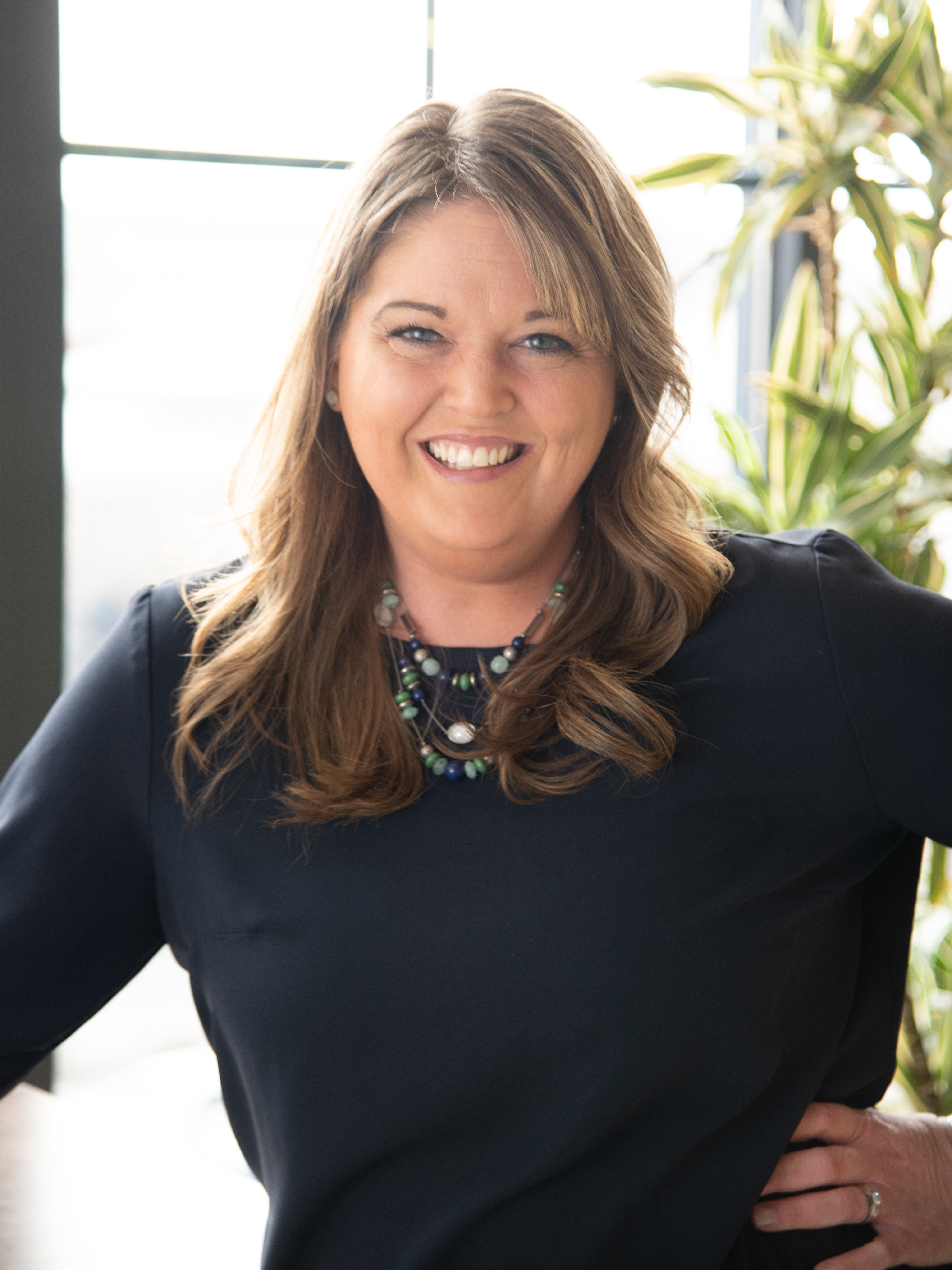
McDonald, who attended Capital University in Bexley, earned a bachelor’s in organizational communications with minors in public relations and public speaking.
“As my education progressed, I was first drawn to history and the role of speechwriters and rhetoric,” she says. “Then I learned more about communications as a profession and knew it’s what I wanted to do. Our ability to connect with and be understood by others is powerful in driving behavior change. In practice, communication is used to shape public opinion, persuade audiences into action, drive business success, foster community and apply pressure toward positive change. I find it all to be very inspiring and complex.”
McDonald, who has worked at Fahlgren Mortine for 24-plus years, was named president in the fall of 2022. She credits Neil Mortine, chairman and CEO of Fahlgren Mortine, as a mentor who taught her how to be a good leader.
“Of course, a good leader has a bold vision, courage to change and the ability to make others want to follow them,” McDonald says. “But Neil has also shown me the power of the little things. A good leader calls you back, remembers what you said last week, asks you questions so you feel valued, cares enough to give you honest feedback and encourages you to do things before you feel ready.”
John T. Petures
For nearly 45 years, John T. Petures has worked in nonprofit management and fundraising, 16 years of which has been spent at the Akron Community Foundation as the president and CEO.
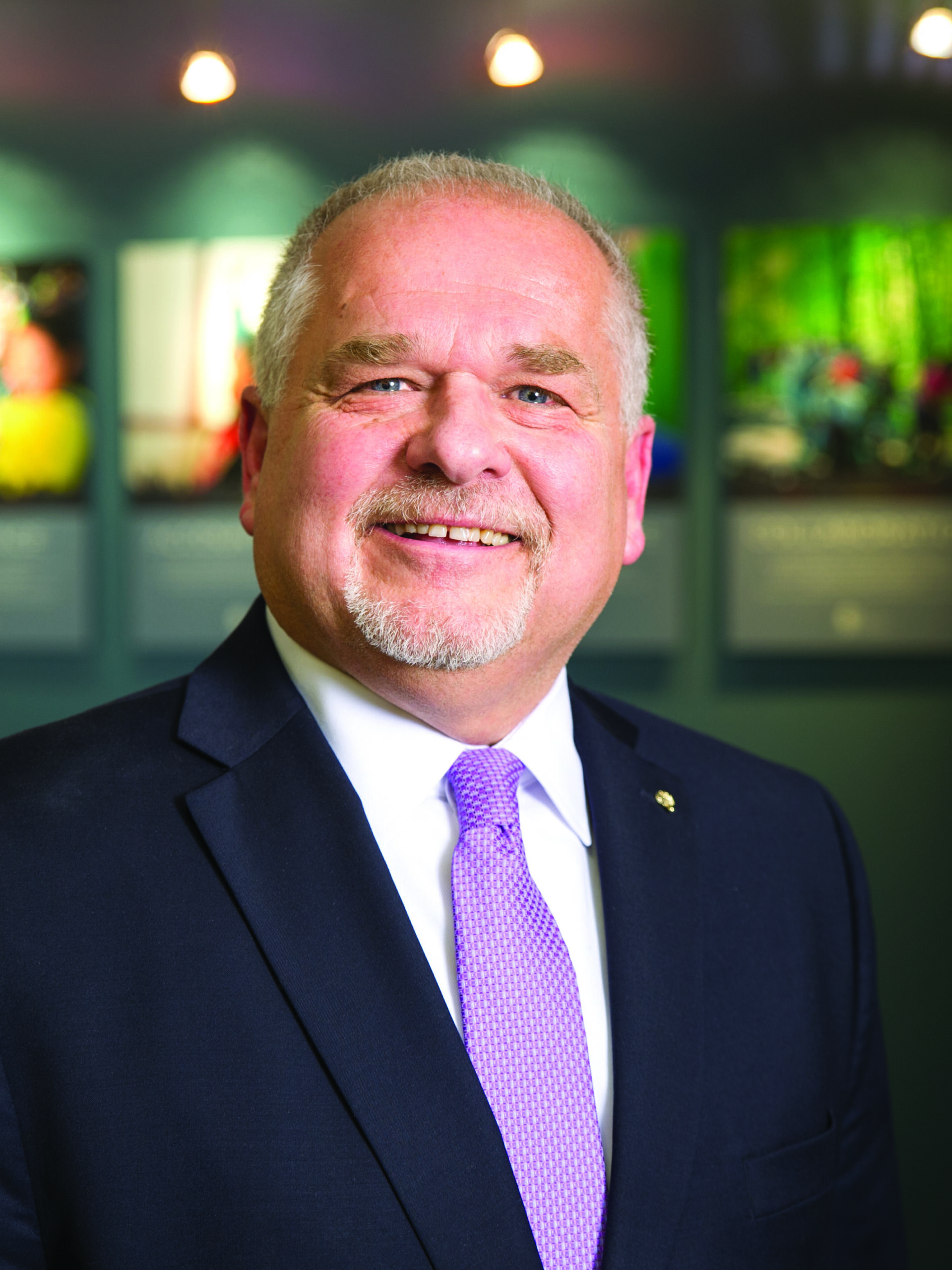
At the age of 21, though, the day after he graduated from college, Petures ran in the primary election for public office for a Borough council seat in Monaca, a small town 35 miles north of Pittsburgh. “I won the primary and beat the 30-year incumbent in the general election by a 3-1 margin by knocking on every single door in my ward,” he says.
This work ethic brought Petures to United Way for 23 years and then to the Arthritis Foundation’s Northeast Ohio Chapter as CEO for five years.
In 2008, Petures was hired by the board of the Akron Community Foundation, a position that he still holds. In his time at the foundation, he has led a 22-member staff team and a 24-person board of directors. Overall assets have tripled from $95 million in 2009 to nearly $300 million in 2024.
In 2025, Petures will be retiring, ending a 45-year career that taught him valuable lessons about being a leader.
“A leader has to be a good listener and communicator, have integrity and be willing to learn and grow and value the people around him and the ideas, insights and advice they bring to informed decision making,” he says. “They also have to have a future ‘vision’ for the vital work being done by their organization or business and have the ability to inspire and motivate the community, investors and colleagues and leaders to be tireless champions for the work they’re charged to fulfill.”
Rebekah “Becky” Beaulieu
The Taft Museum of Art represents a long time coming for Rebekah “Becky” Beaulieu, who currently serves as the Louise Taft Semple president and CEO. Beaulieu fell in love with museums at the age of 16.
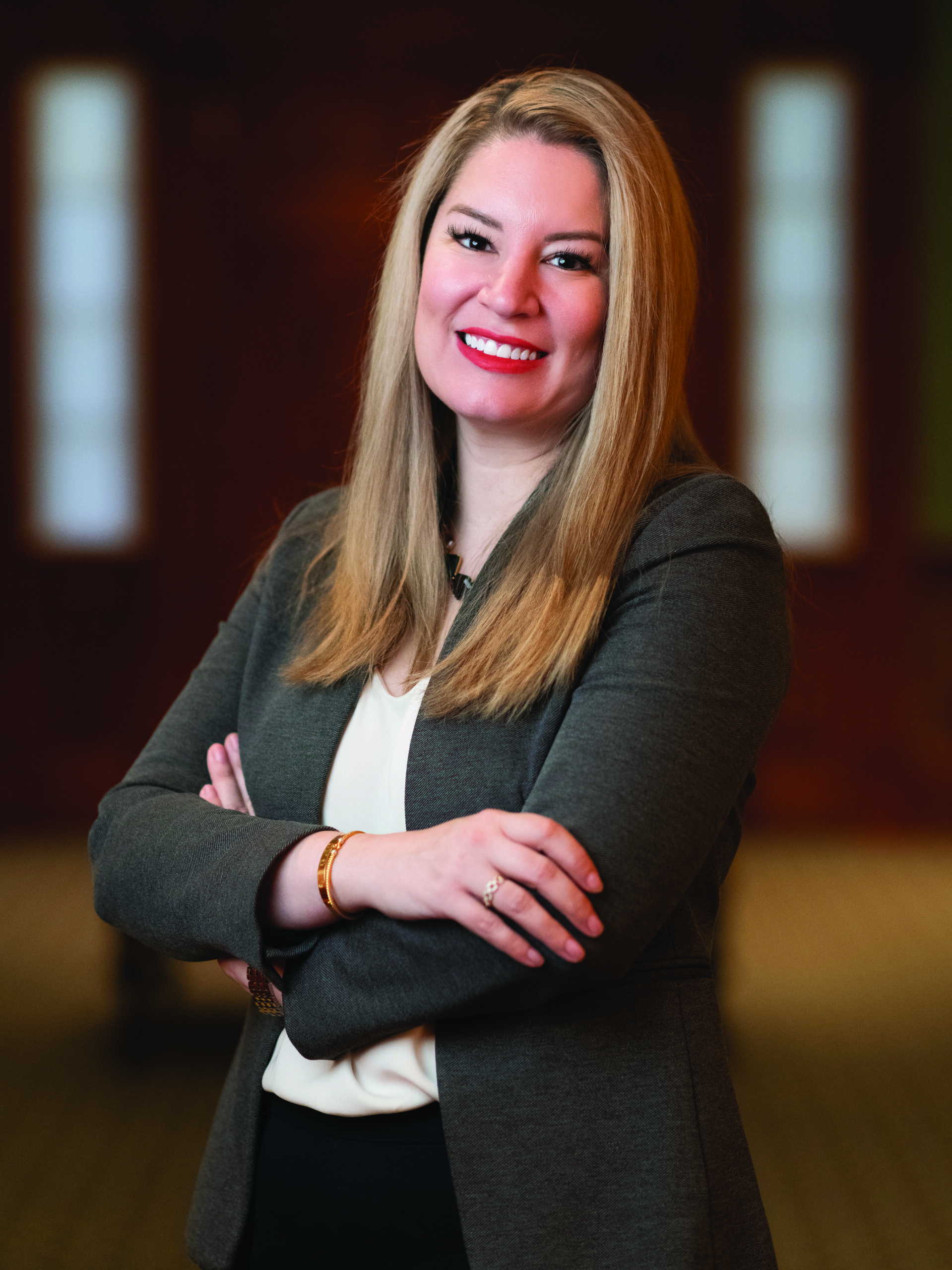
“My love affair with museums has never wavered,” she says. “After numerous internships and many years of graduate education, I slowly but surely found my way from jobs in education and curatorial departments to financial and, ultimately, executive roles.”
Beaulieu joined the Taft Museum of Art in 2022 and moved from New England to take the role. Though she had never been to Cincinnati, she trusted the encouragement of her peers and interviewed for the position. “I was immediately impressed with the high caliber of the arts in Cincinnati, its commitment to philanthropy and the incredible collection and community of the Taft,” she says. “Along with marrying my husband, it was one of the best decisions I ever made.”
Beaulieu shares what she thinks makes a good leader. “An inspiring leader is one who is generous with time and grace to others, competitive only with themselves and enduringly curious,” she says. “In my work with my colleagues and our community, I strive to create an environment in which ideas flourish, agency is shared, support abounds and—perhaps most importantly—we don’t take ourselves too seriously.”
Lisa Duty
Lisa Duty’s passion for civic engagement led her to become the executive director of Leadership Ohio in 2019.
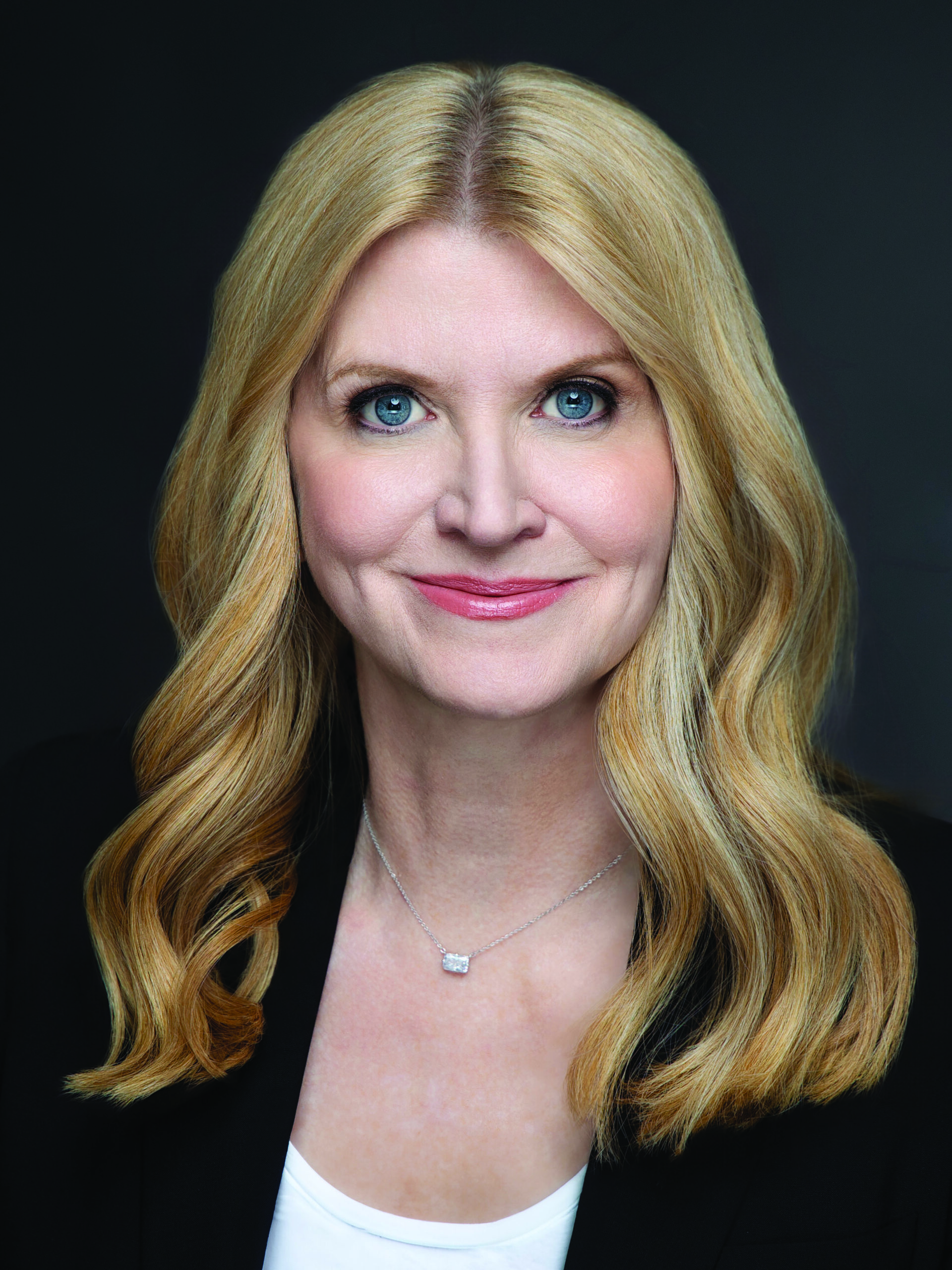
“My passion for civic engagement fuels my work. Engaged citizens are crucial for a healthy community, trust in democratic institutions and faith in public processes. Engagement correlates with strong educational systems, a competitive workforce and a thriving and future-focused economy,” she says.
Duty’s varied experience in government, nonprofits and education has provided her with a firm foundation as she leads the state’s first statewide leadership development nonprofit.
“I lead a network of distinguished changemakers, all committed to making Ohio the best state to live and work in. Leadership Ohio is a dynamic, non-partisan statewide leadership development program that connects diverse leaders to drive positive change,” she says. “By leading a network of changemakers, we’ve positioned Leadership Ohio as a key advocate for the state’s civic health. Through innovative programs and partnerships, we promote civic engagement and civil dialogue across ideologies.”
This can be seen in the nonprofit’s many programs such as its Fellowship program and the new Join In, which aims to combat social isolation.
As for what makes a good leader, Duty says, “Moral courage is essential, especially in today’s polarized times. Our programs foster viewpoint diversity and open inquiry, promoting a civility that respects the dignity and worth of all individuals, regardless of political worldviews.”
Michael Throne
Michael Throne, president and CEO of the Chillicothe Ross Chamber of Commerce, took a unique path to his current role.
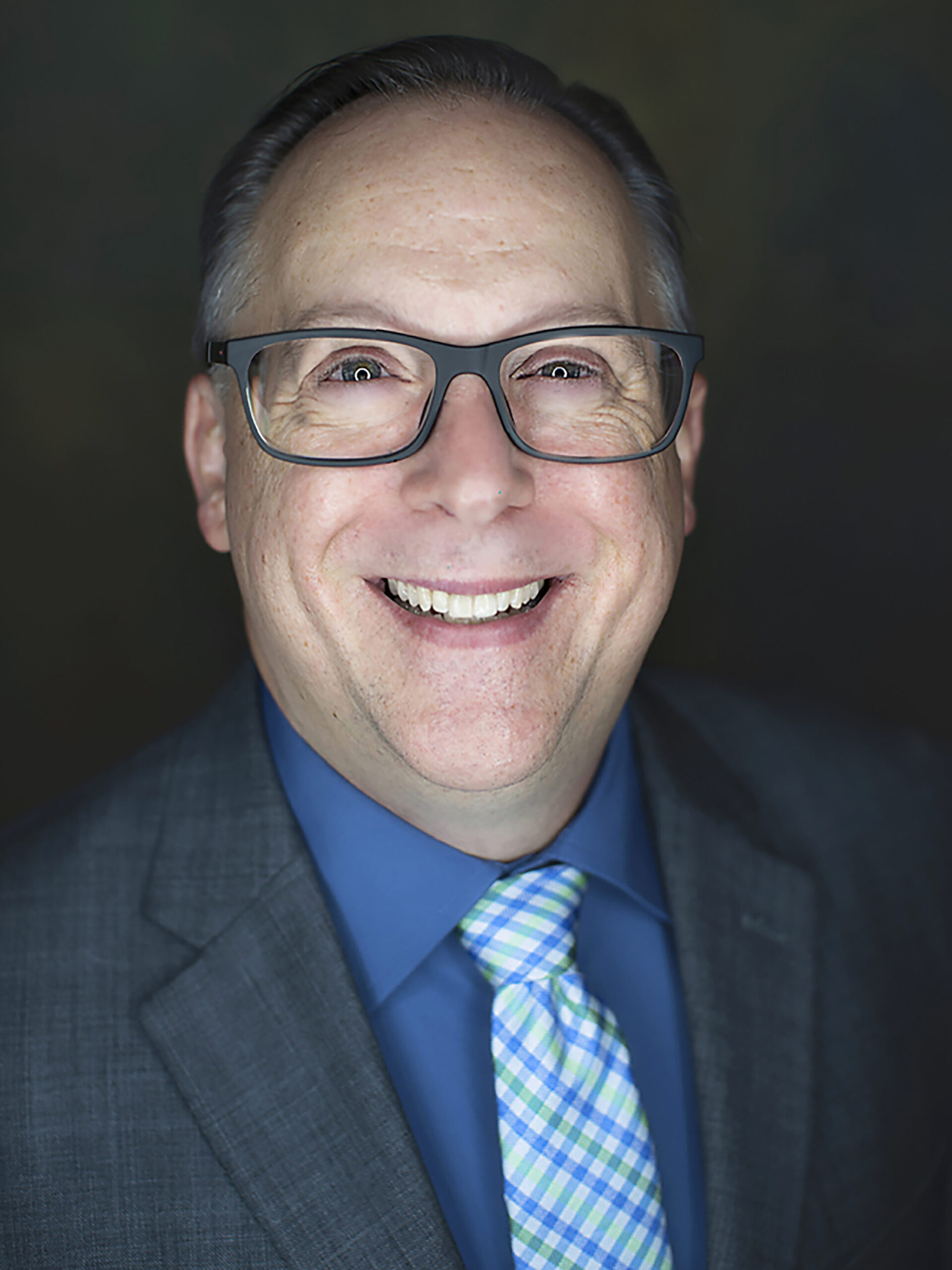
“After spending most of my working life as an award-winning journalist, I found myself grinded down by the state of media. I focused on finding a job that would keep me in Chillicothe and Ross County but could help me utilize my skills better. The chamber has literally saved my life. I have more time for my family and a better impact in my community and that has filled a big hole in my life,” he says.
As head of the chamber, he’s been able to impact communities on both the state and local levels, bringing investment—through development and growth—to the region. “As my role in this community grew, I found I loved being a part of connecting people with services, or businesses. It was a great way to marry my love of community with my role as a connector,” he says.
His passion for community goes well with what he believes its takes to be a good leader: “Emphasis on team over individual and knowing our roles to help the organization succeed. Planning and strategy are big on my list of values,” he says.
